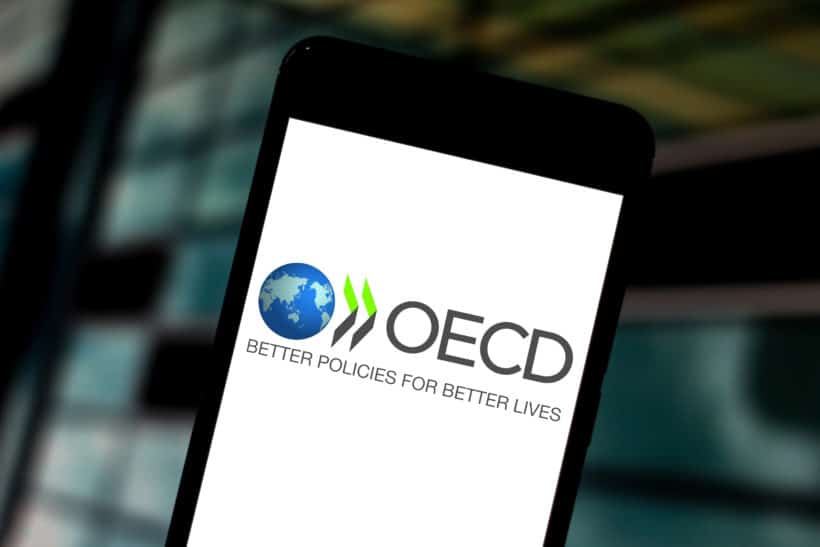
South African reforms must be deepened for the country to maintain the growth momentum created by its recovery from the coronavirus pandemic, the Organisation for Economic Cooperation and Development (OECD) says.
“Without a strong and sustained recovery, South Africa risks losing some of its hard-earned social progress in areas like education, housing, welfare and healthcare,” the OECD’s Acting Chief Economist Álvaro Pereira said in a new report. “Strengthening public finances, creating a more growth-friendly tax system and fostering higher productivity through enhanced infrastructure, education and competition and more reliable power supply will be key to get the recovery back on track and ensure higher living standards.”
South Africa’s economy is struggling to fully recover from the impact of government imposed lockdowns during the fight to contain the spread of Covid-19, the global supply chains it disrupted and soaring inflation caused by the Ukraine-Russia war. Most economists see growth under two percent this year, lower than earlier estimates of over three percent after the country benefitted from higher commodity prices.
Through Operation Vulindlela, President Cyril Ramaphosa’s government has sought to accelerate long delayed structural reforms in the power, water, transport and telecommunications industries. The reforms have seen the monopoly of state-owned Eskom in power generation broken and its unbundling, the auctioning of badly needed spectrum and the introduction of private players in the ports sector.
The OECD says a survey it conducted is forecasting gross domestic product expansion of 1.8 percent this year and 1.3 percent next year while inflation is projected to average 6 percent. It says that picture is threatened by continued power shortages and deteriorating infrastructure including roads, railways and telecommunications.
“Improving the effectiveness of public investment, in part through strengthening the selection process for large infrastructure projects, would be a step towards restoring productivity growth,” it said. “Improving skills in line with employer needs will also be key to revive GDP growth.”
It also suggests further tax reforms to fund the budget deficit and investments through the introduction of a wealth tax and other duties and the reduction of allowances and deductions in personal income tax for high earners. The value added tax rate of 15 percent, which it says is relatively low, could also be raised once inflation pressures abate.
The ruling African National Congress has been mulling introducing a wealth tax to fund social support programmes in a country with the world’s most unequal society. That proposal has been heavily criticised by organised business including Business Leadership South Africa, which argues it will lead to capital flight and stunt growth.

